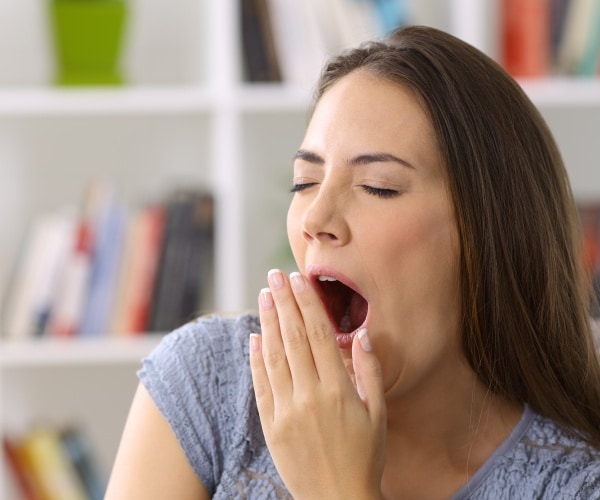[ad_1]
If you tossed and turned all night long, you can still stay sharp by doing just 20 minutes of moderate to intensive exercise, say researchers in the U.K. A new study found that mental performance is enhanced, regardless of the person’s sleep status or oxygen levels, by a short bout of moderate-intensity exercise such as cycling.
According to Study Finds, experts say that 40% of the population don’t get enough sleep, which increases the risk for cardiovascular disease, obesity, neurogenerative disorders, and even depression. In addition, the researchers from the University of Plymouth say a lack of sleep can even reduce cognitive performance (CP), which affects attention span, judgement, and emotional well-being.
The new study examined how sleep, lower oxygen levels (hypoxia), and exercise affect brain function.
“We know from existing research that exercise improves or maintains our cognitive performance, even when oxygen levels are reduced. But this is the first study to suggest it even improves CP after both full and partial sleep deprivation, and when combined with hypoxia,” said Joe Costello Ph.D., from the University’s School of Sport, Health & Exercise Science, in a news release. “The findings significantly add to what we know about the relationship between exercise and these stressors and help to reinforce the message that movement is medicine for the body and brain.”
Costello said that the team of researchers chose 20 minutes of exercise which is widely recommended in existing literature. “If the exercise was any longer or harder it may have amplified the negative results and become a stressor itself,” he explained. The study subjects were exposed to sleep deprivation in varying degrees. In one experiment, participants went an entire night without sleep and then were put into a hypoxic environment with low levels of oxygen. Despite oxygen levels being lowered, exercise continued to improve cognitive performance.
The researchers said that their experiment sheds some doubt on the hypothesis that exercise boosts CP because it sends more oxygen into the brain.
“Our findings suggest that even when exercise is performed in an environment with low levels of oxygen, participants are still able to perform cognitive tasks better than when at rest in the same conditions,” they wrote, according to the news release.
Exercise may cause positive changes to the amount of brain regulating hormones, as well as several psychophysiological factors including cerebral blood flow, arousal, and motivation. The study authors recommend further investigation to reveal what neurobiological processes are behind cognitive function. They add that this information would help support not only those who suffer from broken sleep or low oxygen, including climbers and skiers, but also parents of young children and shift workers.
© 2023 NewsmaxHealth. All rights reserved.
